Taekwondo, Judo and Karate set to unleash thrills at GG2023
By Alisha Bramhall and Mousumi Mazumdar for Virtus
The first combat sport – Judo – and Karate Kata and Taekwondo Poomsae are making their way to the Global Games in Vichy this year. Some of the world’s greatest competitors are set to go for gold at the 6th edition of the Games for athletes with intellectual impairments in Vichy France (June 4th, 2023).
Taekwondo
Taekwondo Poomsae was first introduced at the 5th World Para Taekwondo Championship in Moscow Russia in 2014 and debuted as a medal event at the 2019 Global Games in Brisbane.
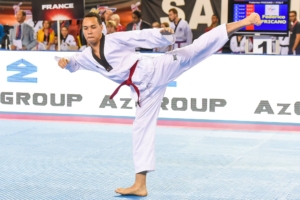
In the Men’s category, United States of America’s Ji Soo Kim took home the gold medal for the P20 over 30 category while Edison Joel Chiguano Aguilar (ECU) claimed it for P20 Under 30 in Brisbane and both will make their appearance at GG2023. Michele Cianciotto (ITA) is also making his way to the Games, hoping to take revenge on Edison in the P20 under 30 category.
In the Women’s category, Jhormary Rojas representing Colombia will be defending her 2019 title in the Over 30 Poomsae. Meanwhile USA’s Morgan Delany Barber will be trying to turn her 2019 silver medal into gold in the under 30 category, which she lost to Chilean Athlete, Matinez Paloma.
The USA dominated the medal tally in Brisbane with 4 medals, and with over 20 athletes making their debut at this year, eyes will be on the USA to see if they can repeat history.
Karate
Karate Kata is an inaugural sport on the Games programme and follows an MoU with World Karate Federation in 2020. The first Para-Karate championship (endorsed by Virtus) was held in Dubai in 2021 and featured two categories for athletes with intellectual impairment – K21(II1) and K 22(II2) for both female and male. Three of the world top ranked K21 female athletes will be competing in Vichy 2023.
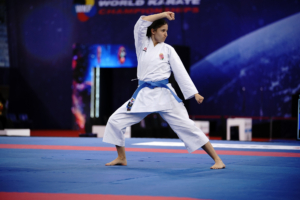
Kakosy Olivia (HUN) in action. Photo Credit: World Karate Federation
In Dubai, Olivia Kákosy’s took home gold for the Hungarian team and, currently ranked no. 1, Kaksoy is looking to shine at the Global Games. Kákosy’s teammate and current World no. 3 Petra Kárpáti, took silver in Dubai and looks to go one better in Vichy.
Meanwhile 2019 European Para Karate Champion Charlene Odin is hoping for medal success at the Games. The French athlete is ranked 4th in the world and is one to watch at the Games.
In K22, World No. 3, Alexandra Szabó from Hungary is another champion competing at GG2023 alongside Salma Eibrahim (Egy) and Natalia Olson from Canada who won Gold and Bronze respectively at Dubai 2021.
In the male categories, three of the top 10 K21 athletes are set to compete. Albert Singer, ranked 2nd took home the bronze medal for Germany in Dubai, whilst Antonio Pereira also gained a bronze medal for the Portuguese team. Pereira, who is currently ranked 3rd, is expected to face some tough competition from János Csatári from Hungary ranked 4th.
In K22 males, interesting matches are expected between the four athletes, World no. 1, Mattia Allesina (ITA), Home favorite and World no. 3, Jordan Fonteney, World no. 4 representing Portugal JOÃO Azevedo and DANIELE MONTANARI (ITA) who is ranked seventh.
A total of 25 athletes will compete in Karate in its debut at the Global Games.
Judo
Judo was added to the Virtus program in 2020 and was included as a competition event for the first time at the 2022 OA Games where a total of 23 athletes competed. Some of the 2022 OA Games medallists are making their appearance at the GG2023 to create historical moments as the sport is making its way into the Global Games events calendar for the first time.
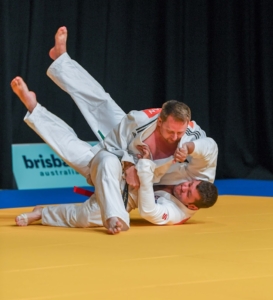
© Sport-Inclusion-Australia_Photo-Credit-Deion-Menzies
In the Female II1 category, Nikki McDermott (GBR) took gold in Brisbane in the under 52kg along with teammate Skye Westwood (57kg category) who is also set to compete at the games.
In the II3 demonstration event, Phoebe Ladlow from Australia took Gold and is looking to repeat that this time at Vichy.
In the mens competition, double European champion Thomas Mawdsley (GBR) is one of the lead male entries of this year’s games with teammate Joshua Hughes who took gold in Brisbane in the under 73kg men II3.
The inaugural edition of Judo at the Virtus Global Games will feature the participation of the worlds top judo athletes from Japan, Israel, Poland, Netherlands, Germany, Belgium, Australia, Great Britain, Croatia, and France – a total of 43 athletes.

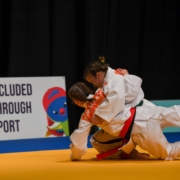
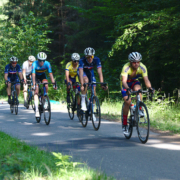
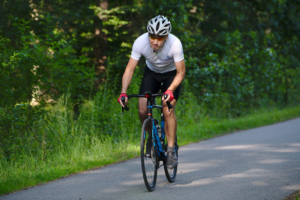
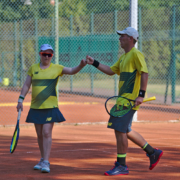
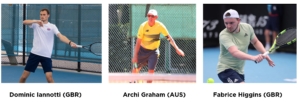
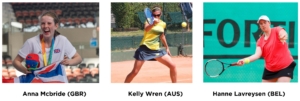
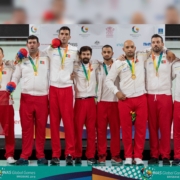
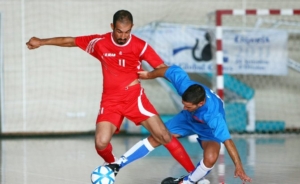
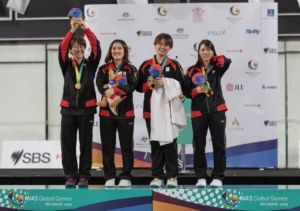
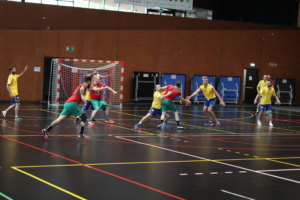
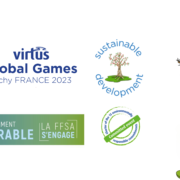
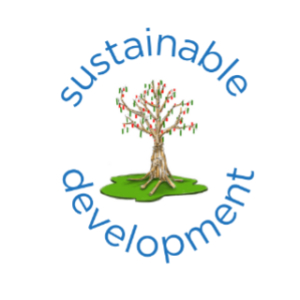
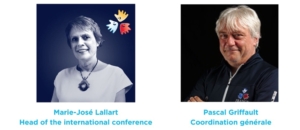
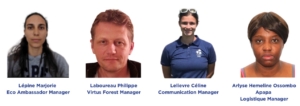
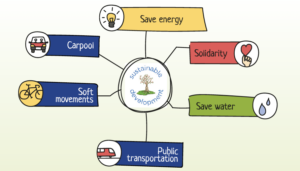
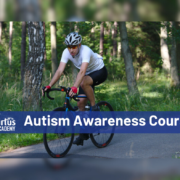 Geoffroy Wahlen | FFSA
Geoffroy Wahlen | FFSA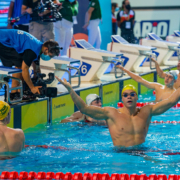
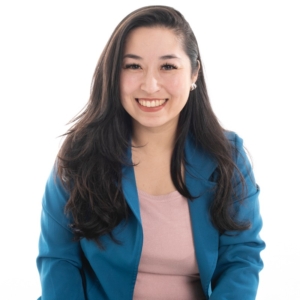
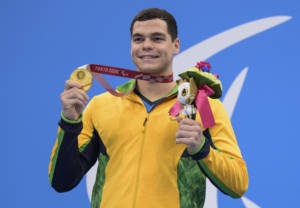
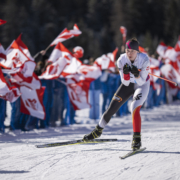
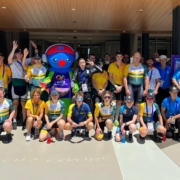
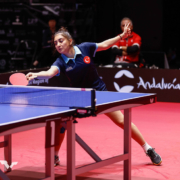 ITTF
ITTF